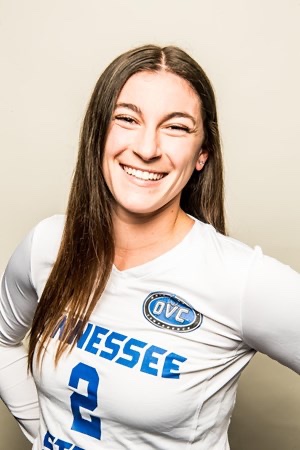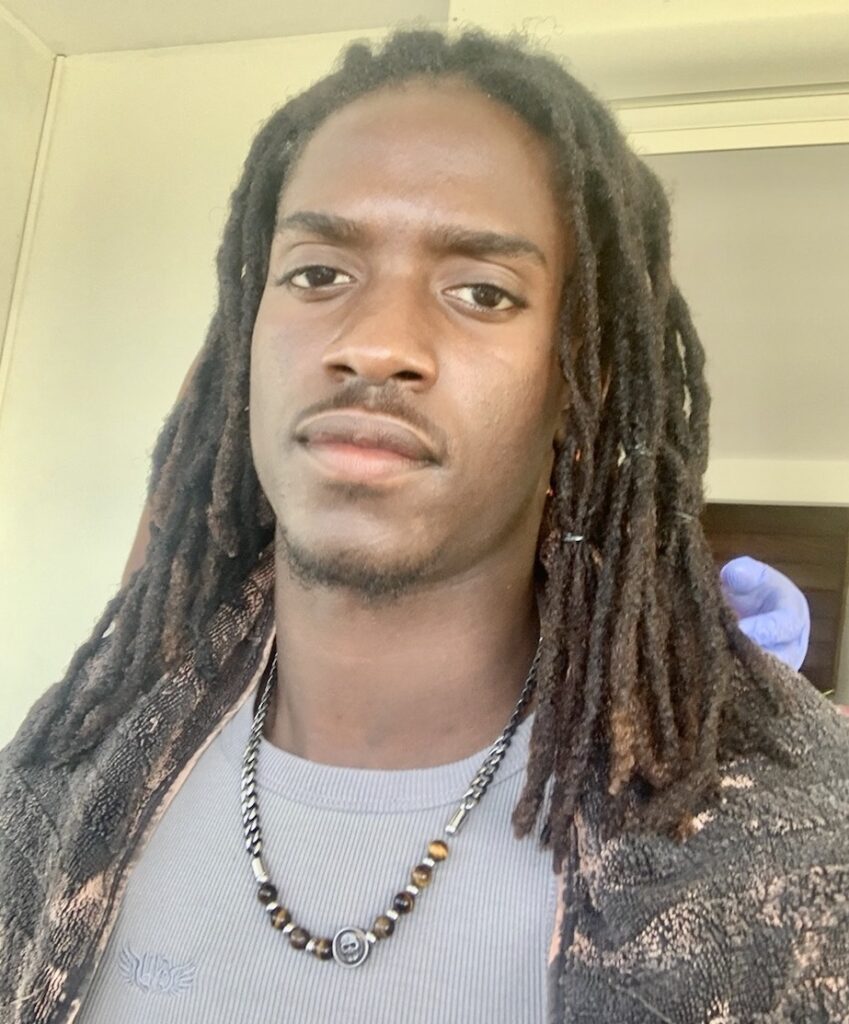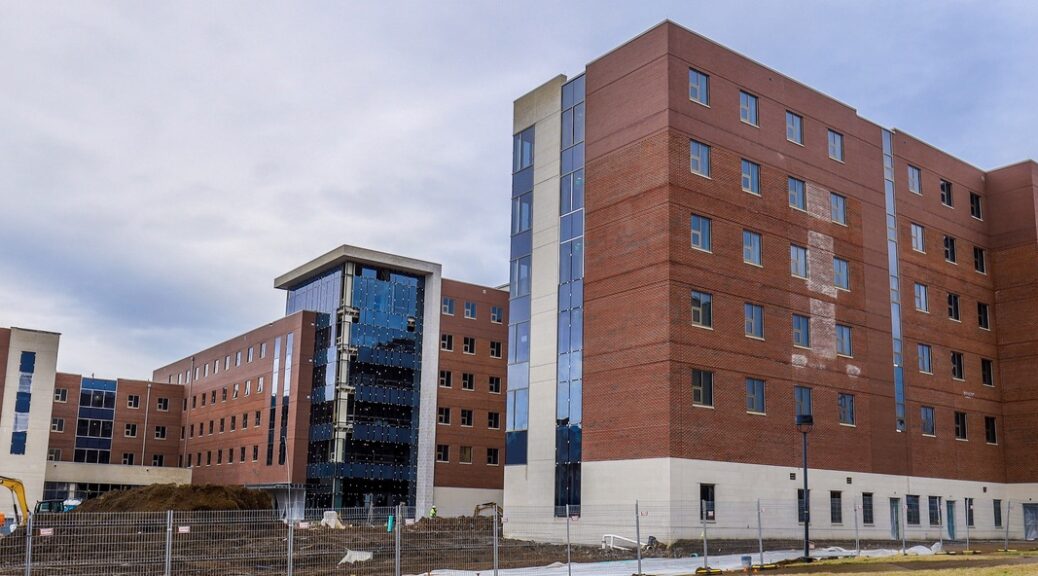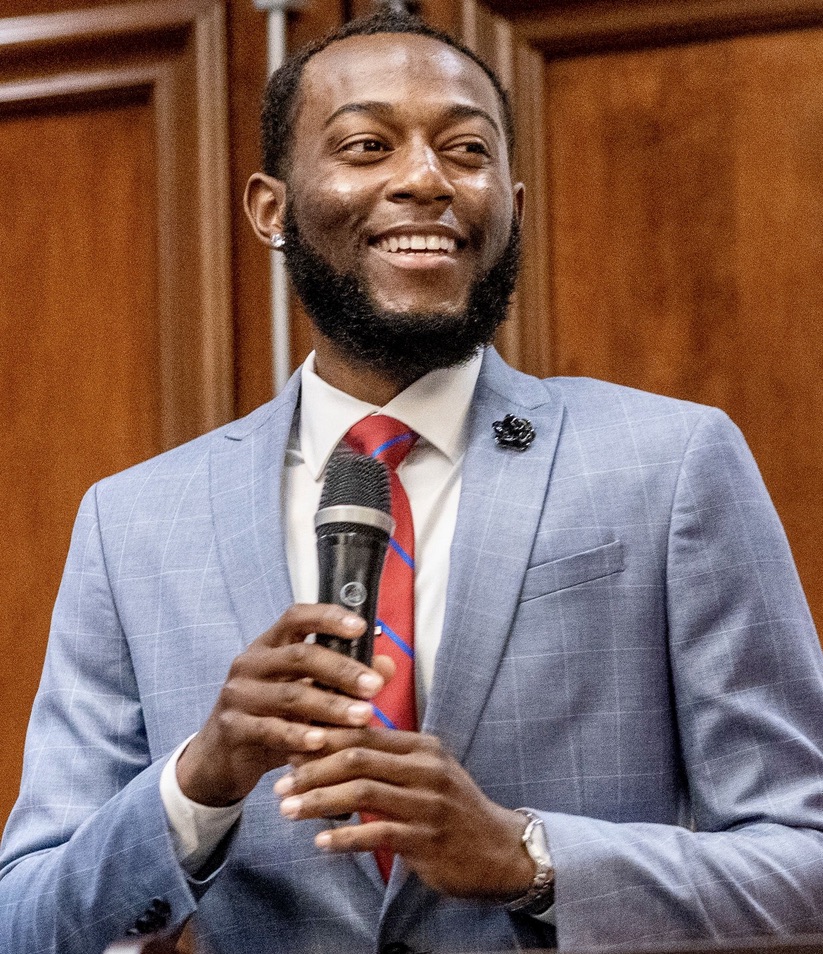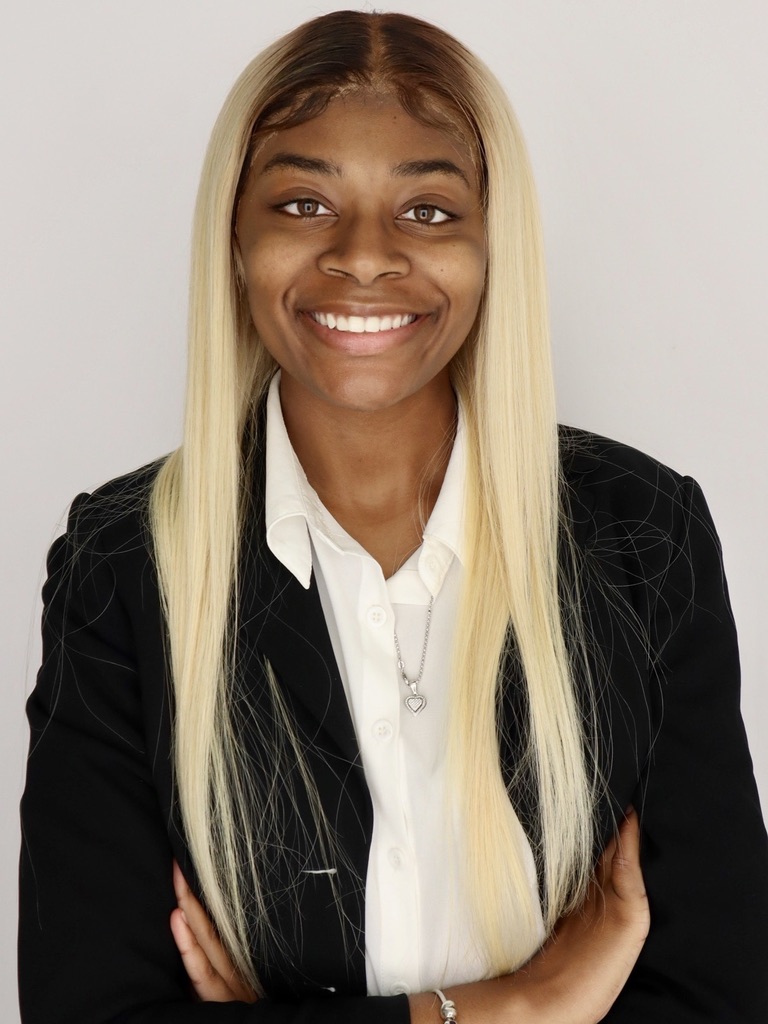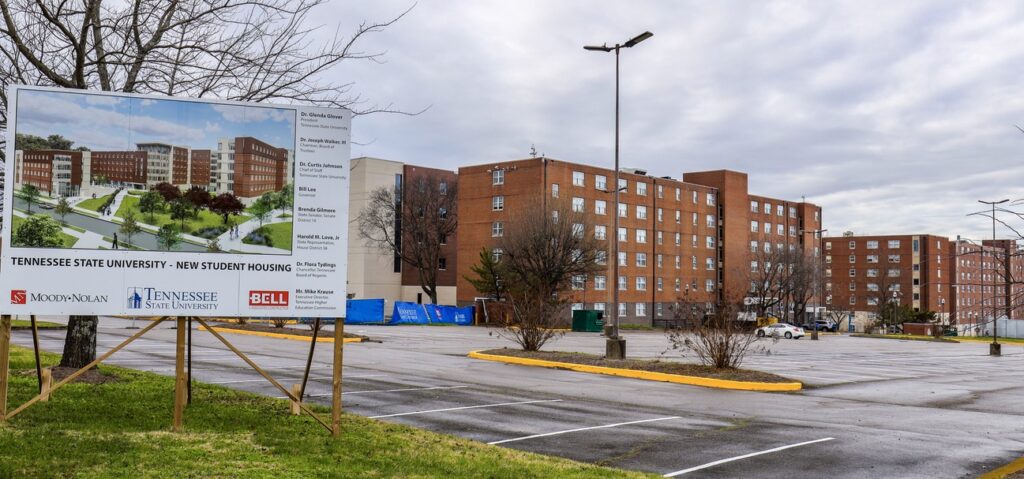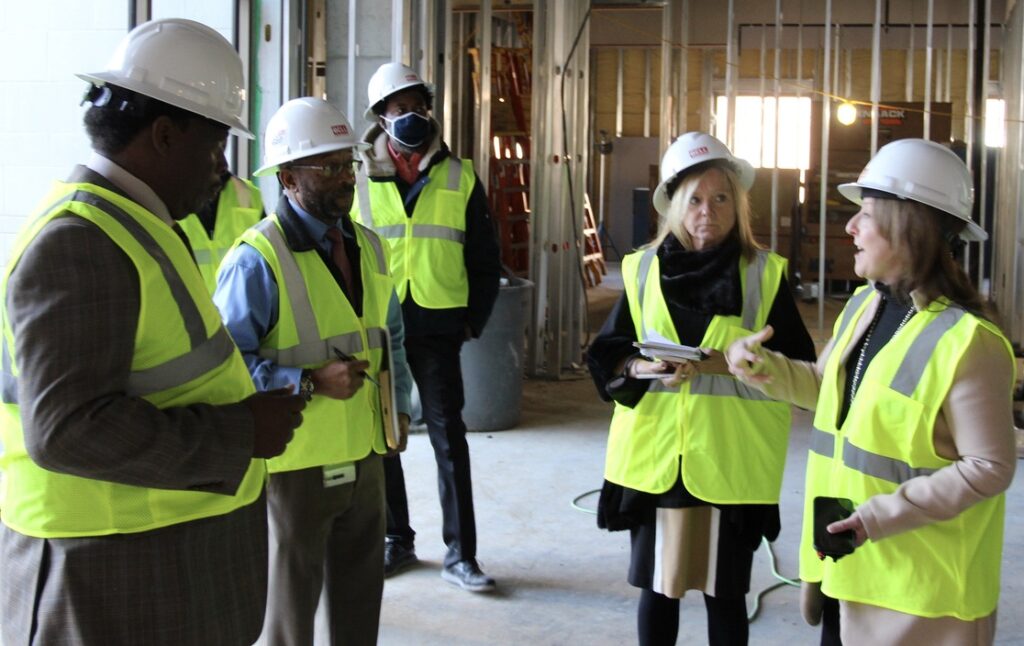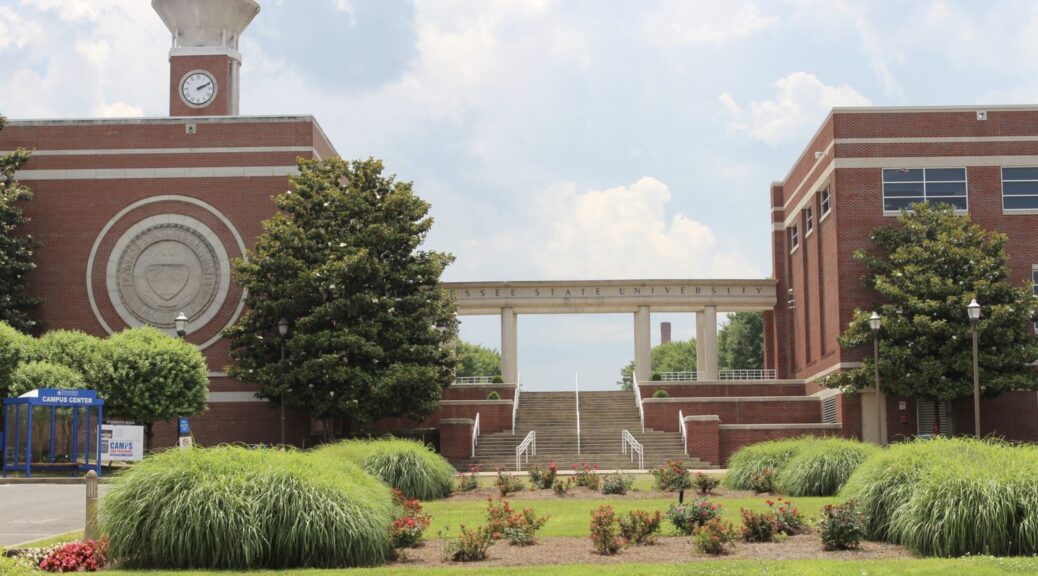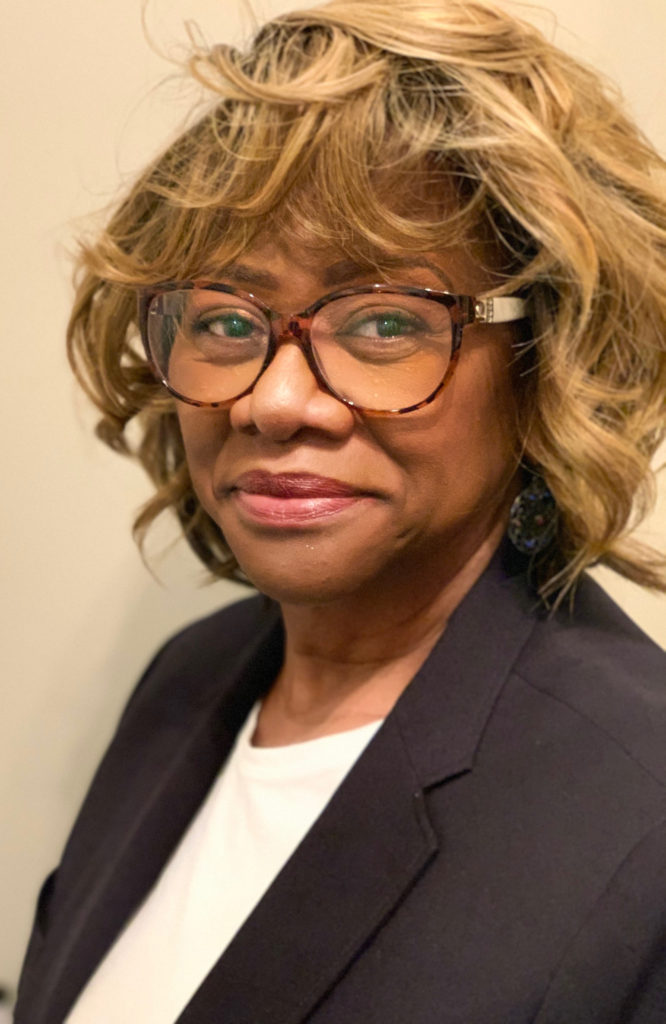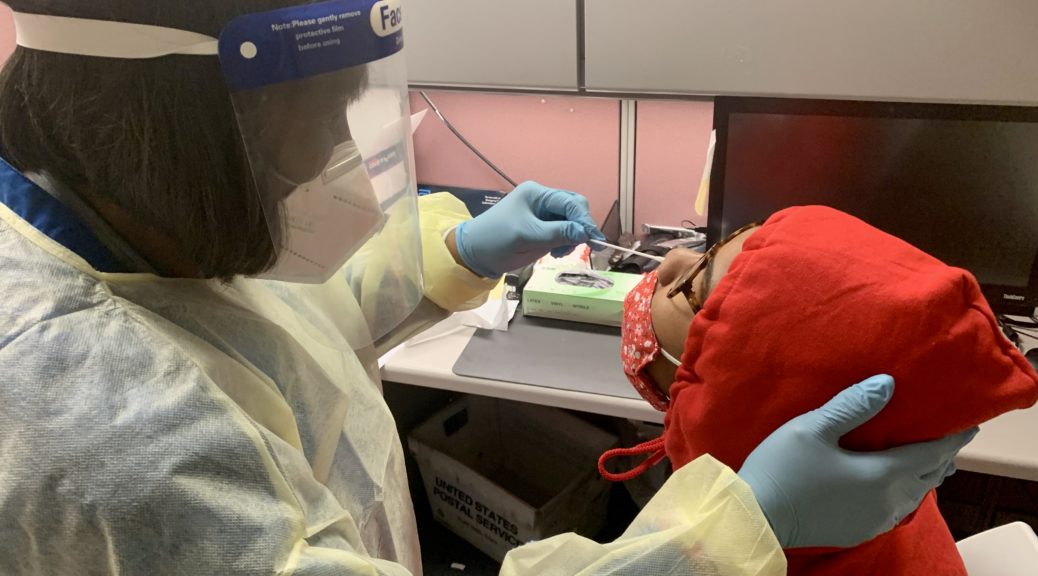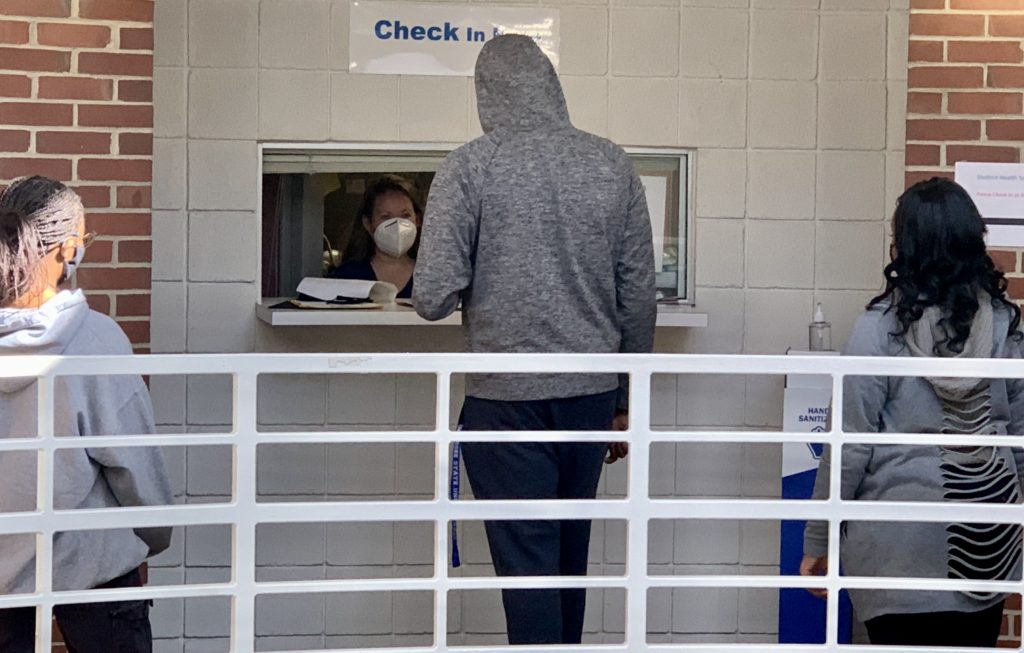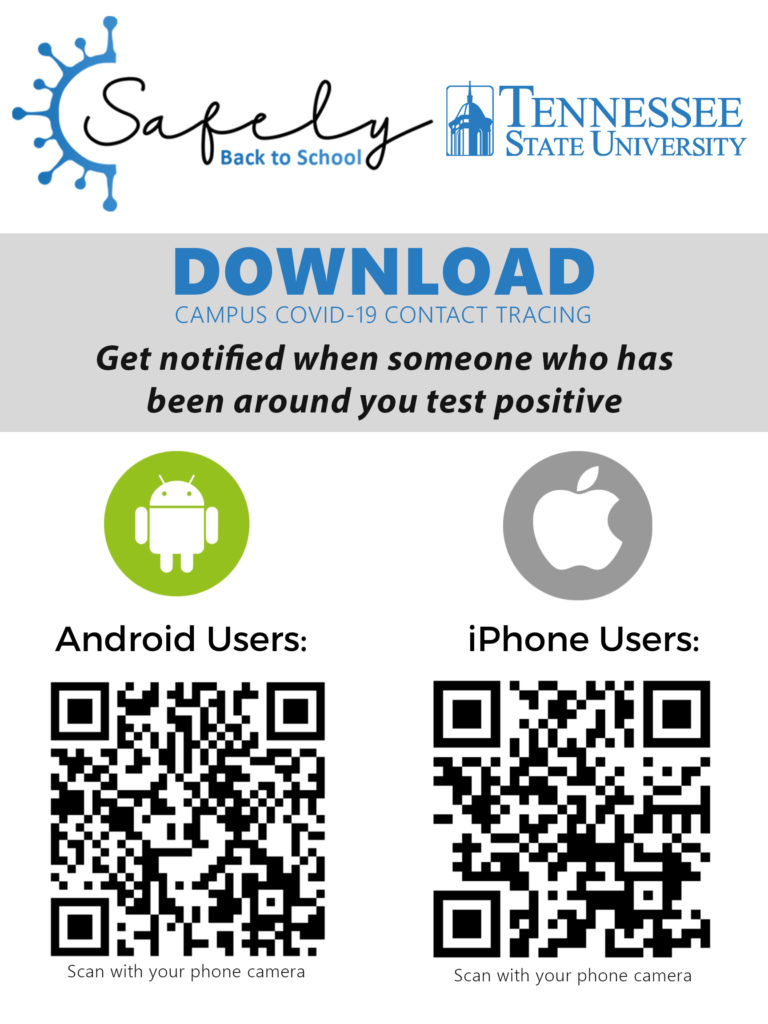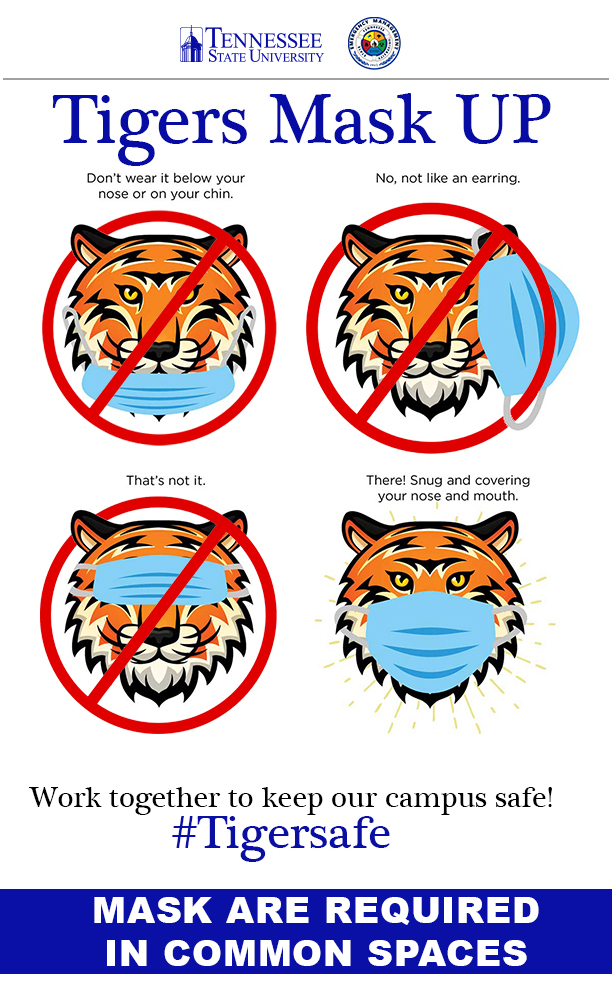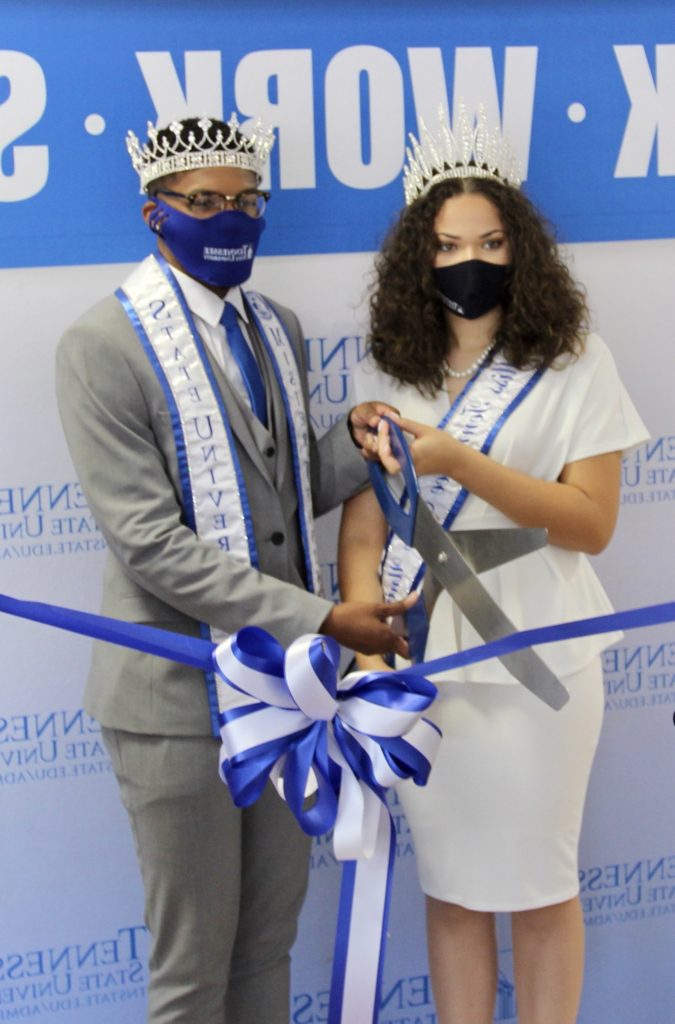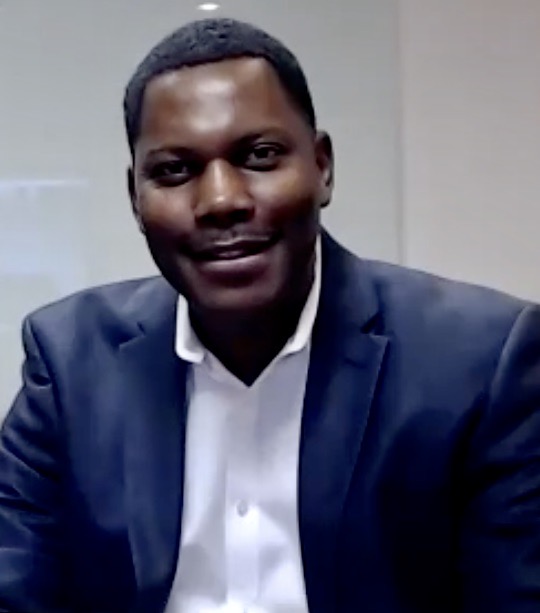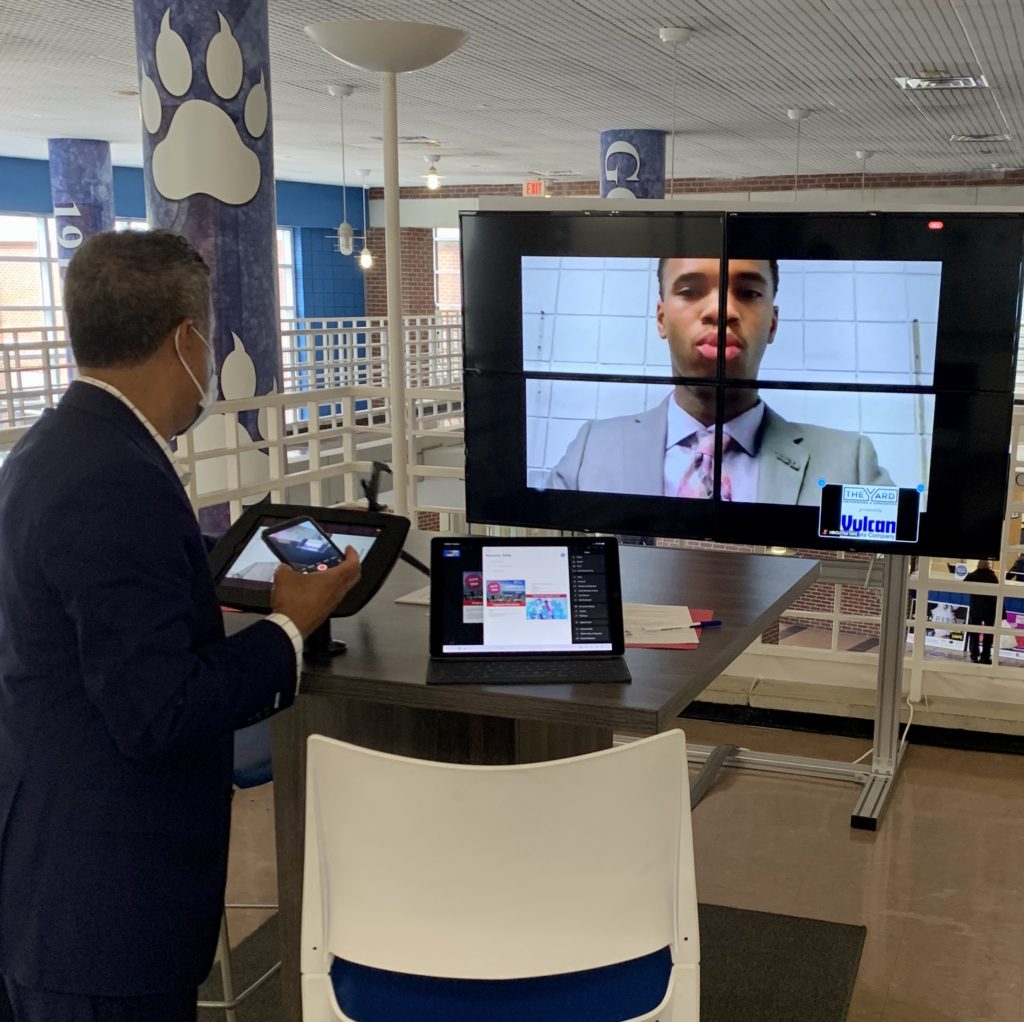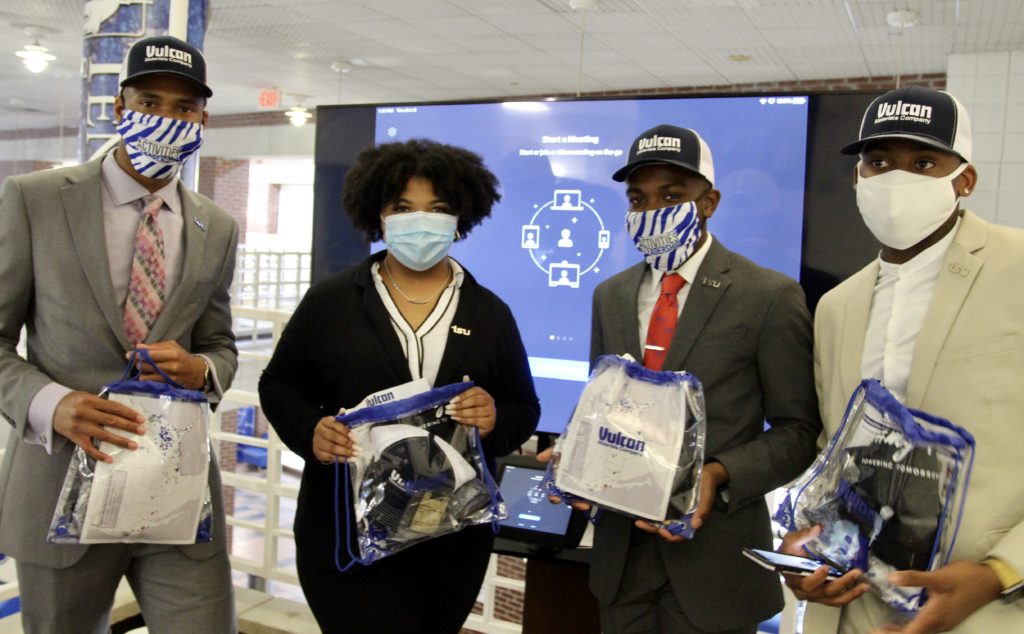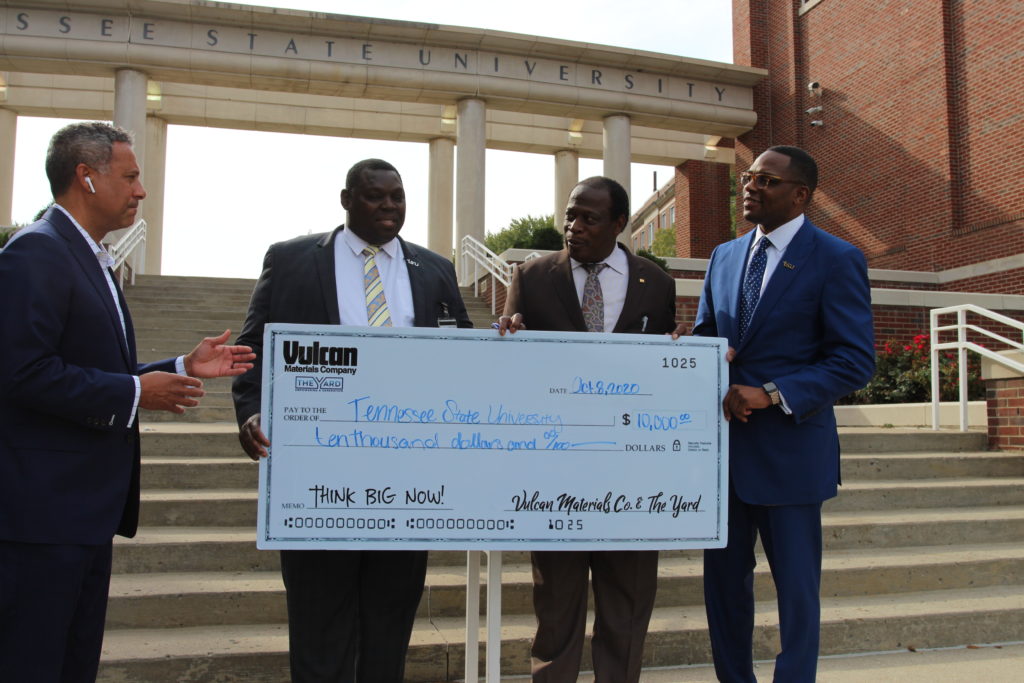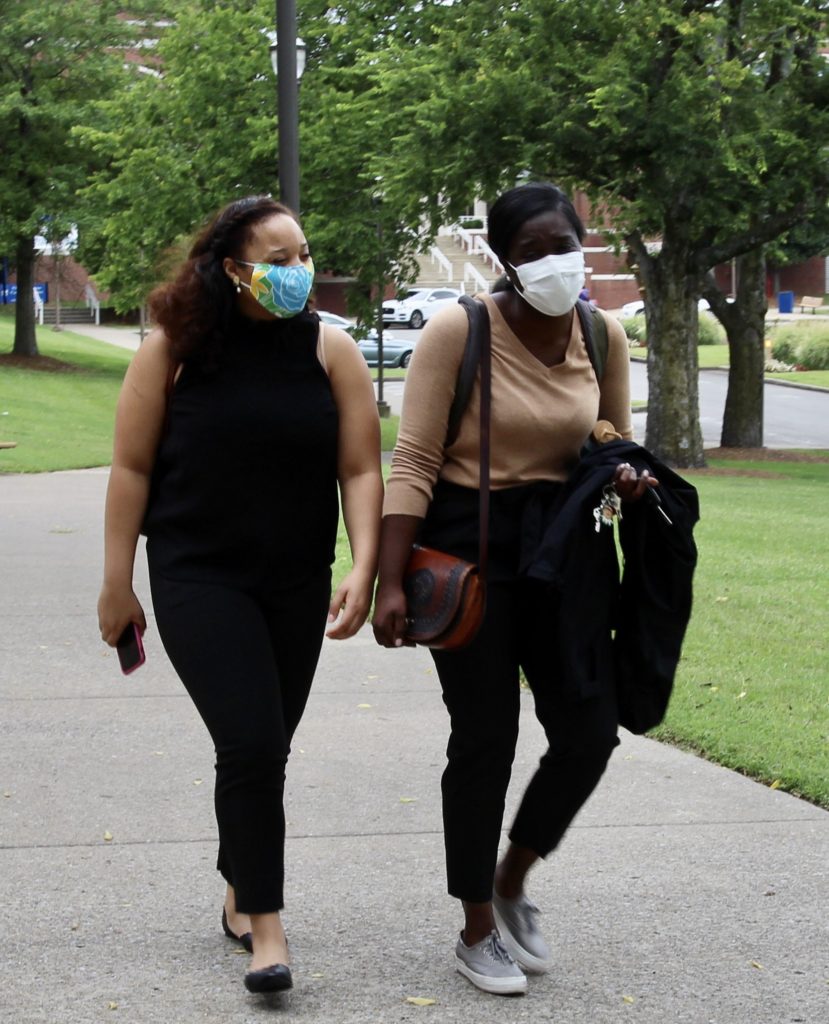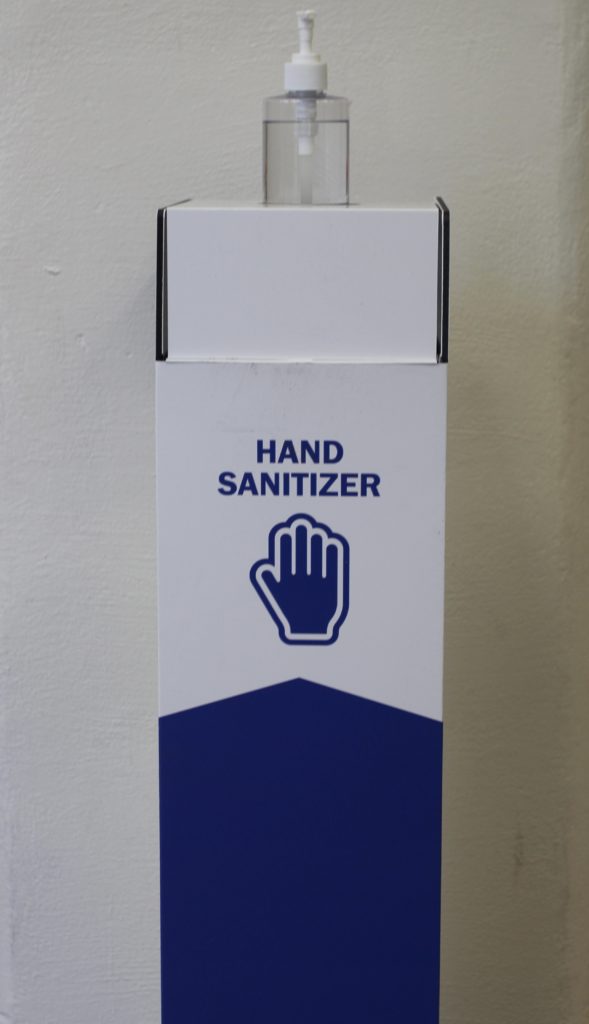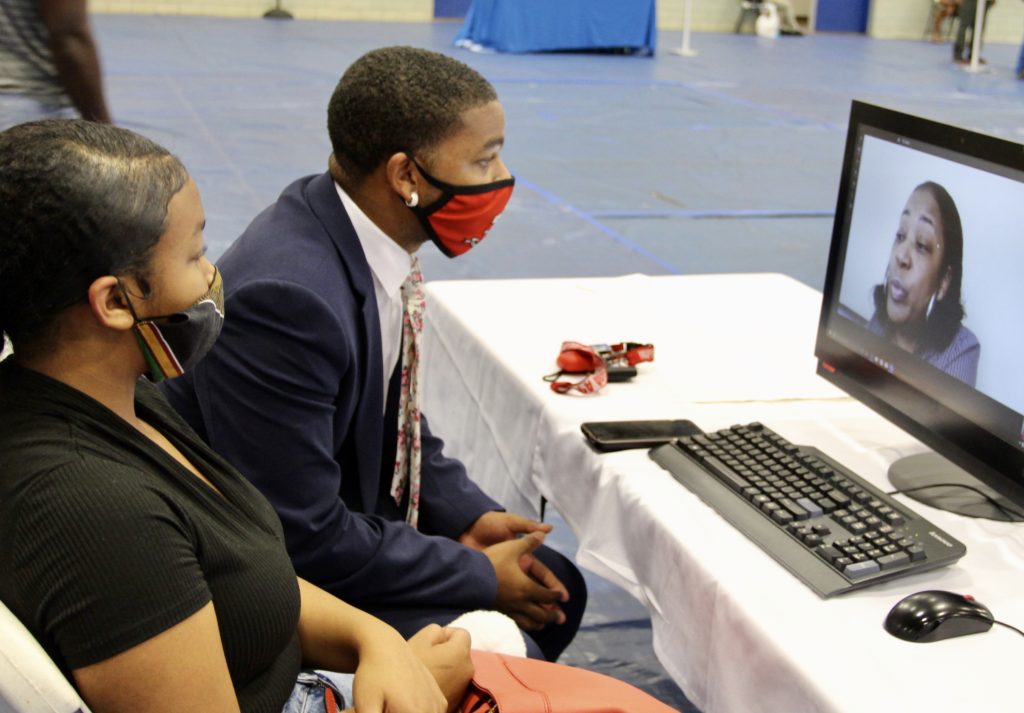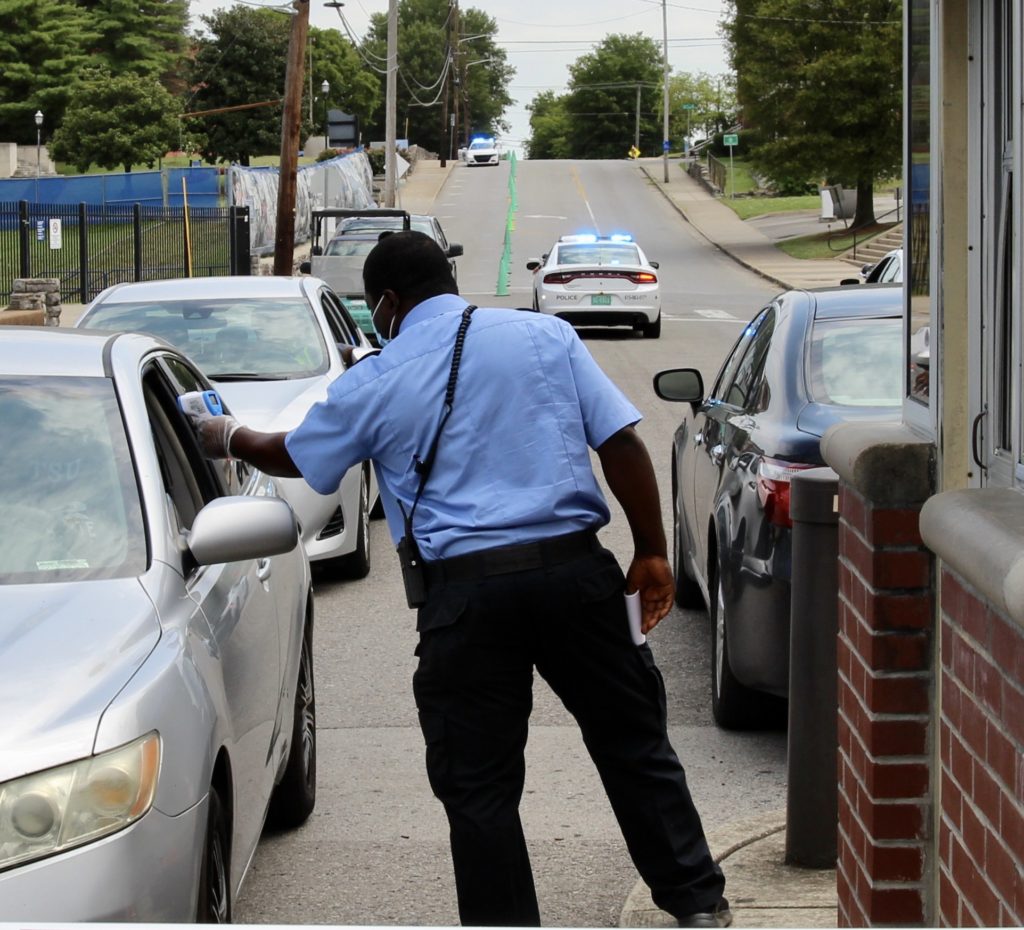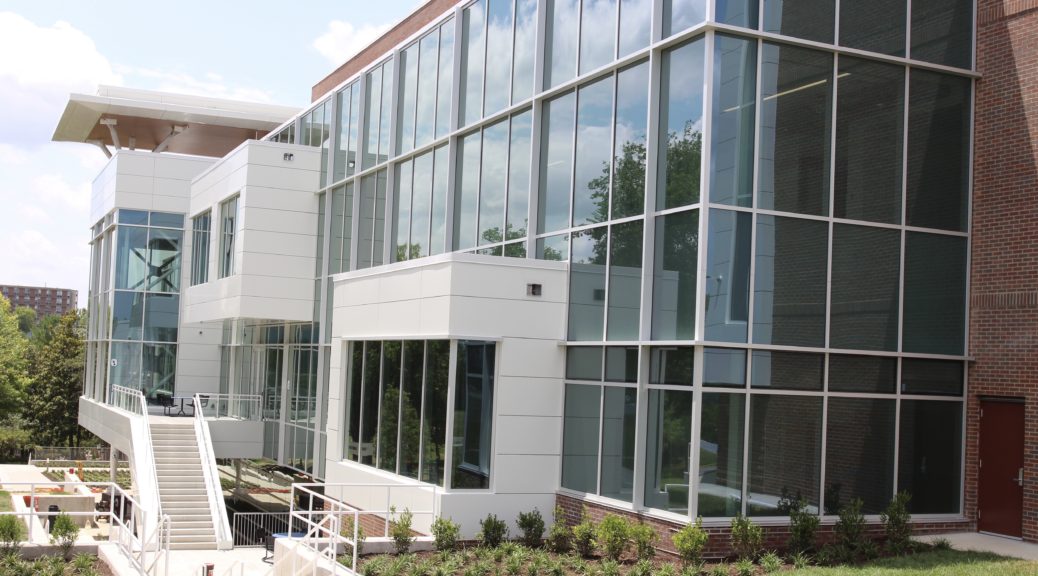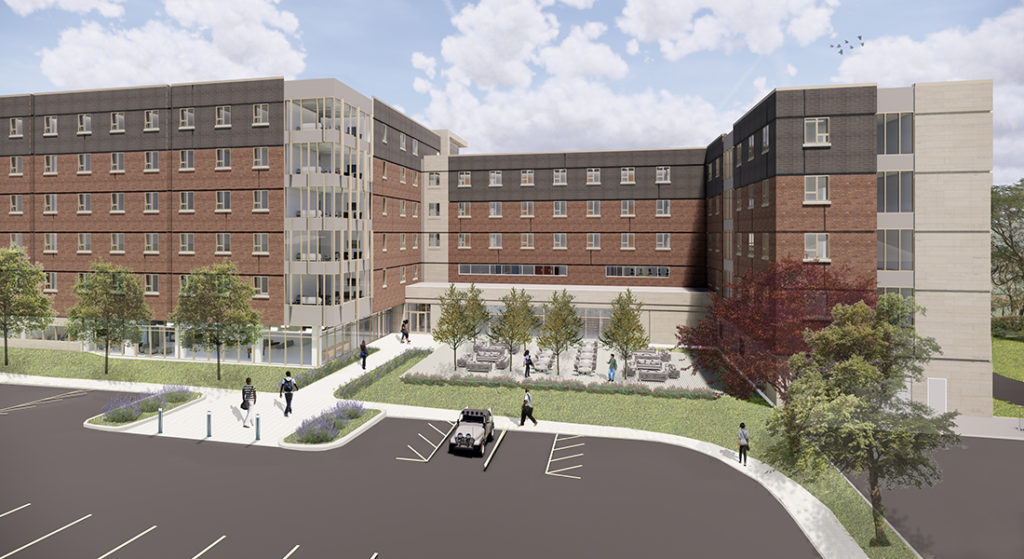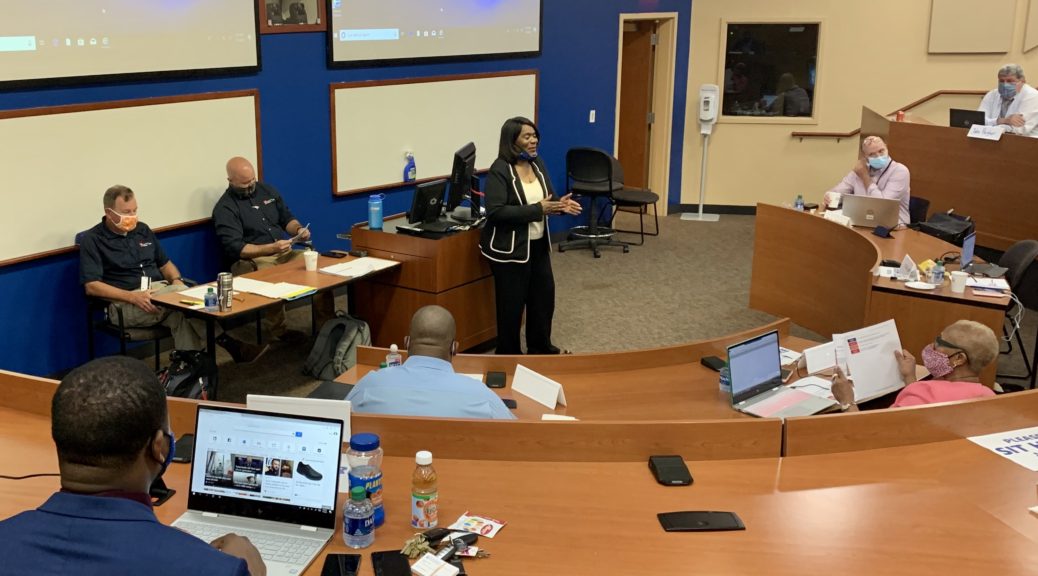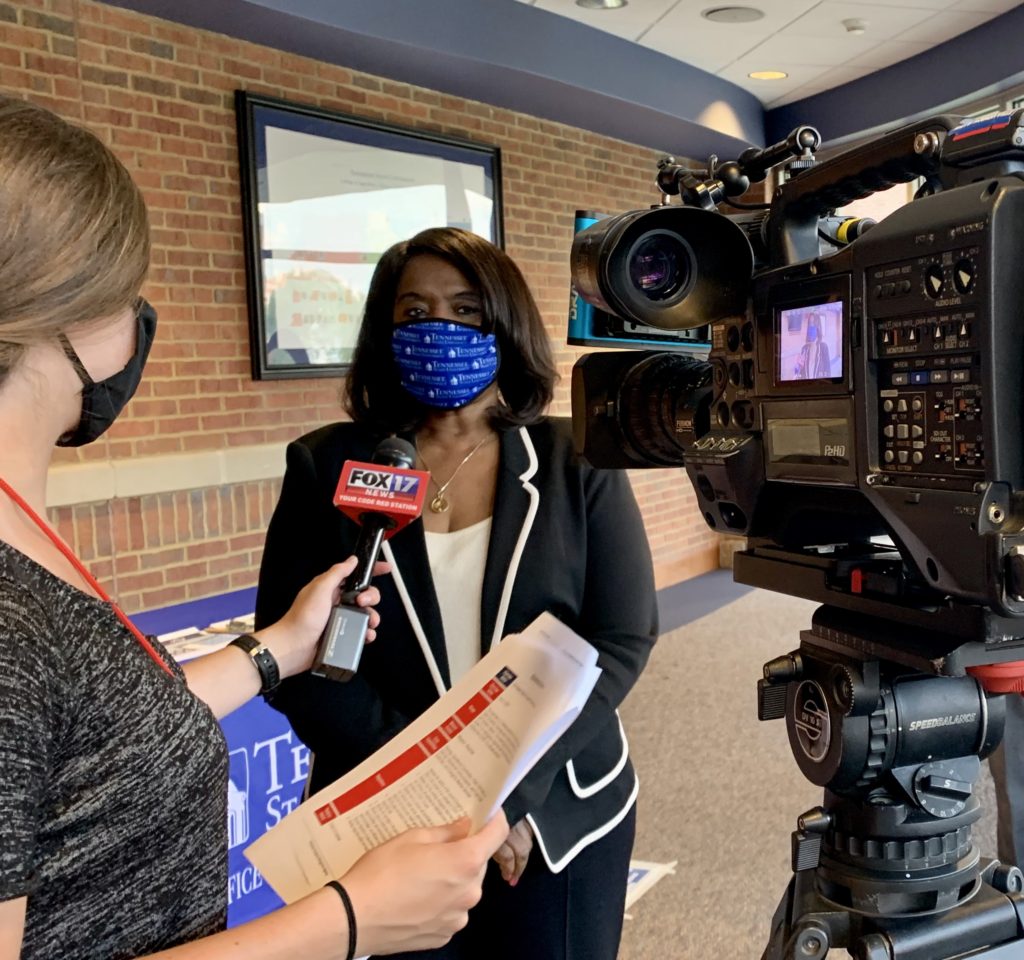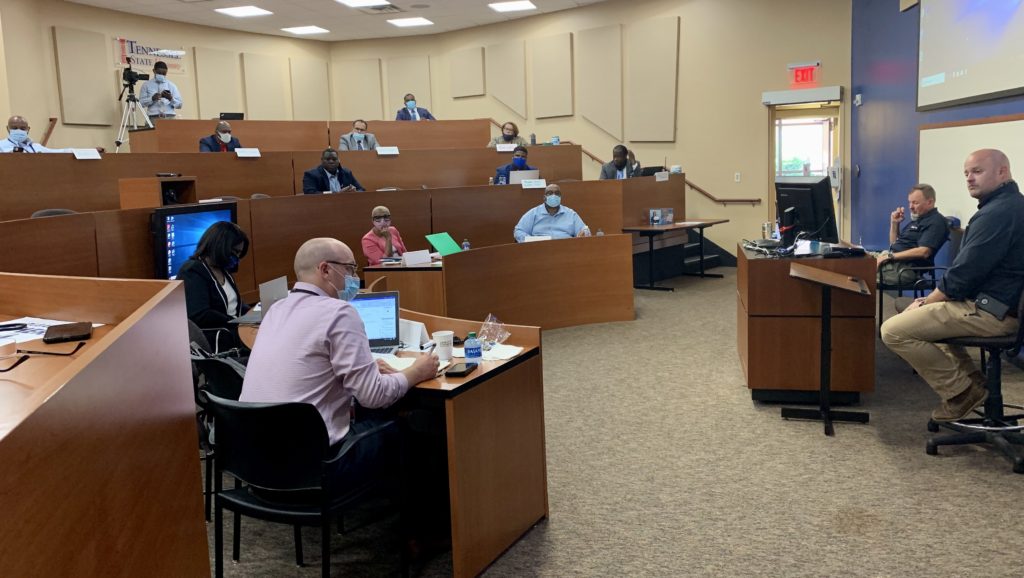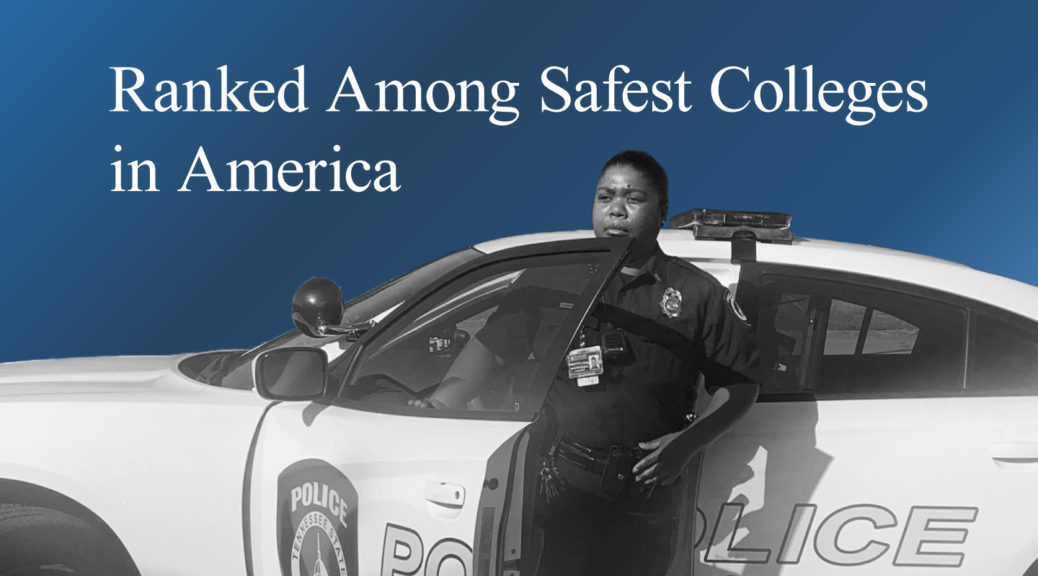NASHVILLE, Tenn. (TSU News Service) -New and returning Tennessee State University students say they are glad to be back on campus despite continuing challenges posed by the pandemic. Classes began on Monday, Jan. 24, following a one-week delay due to the COVID-19 omicron variant.
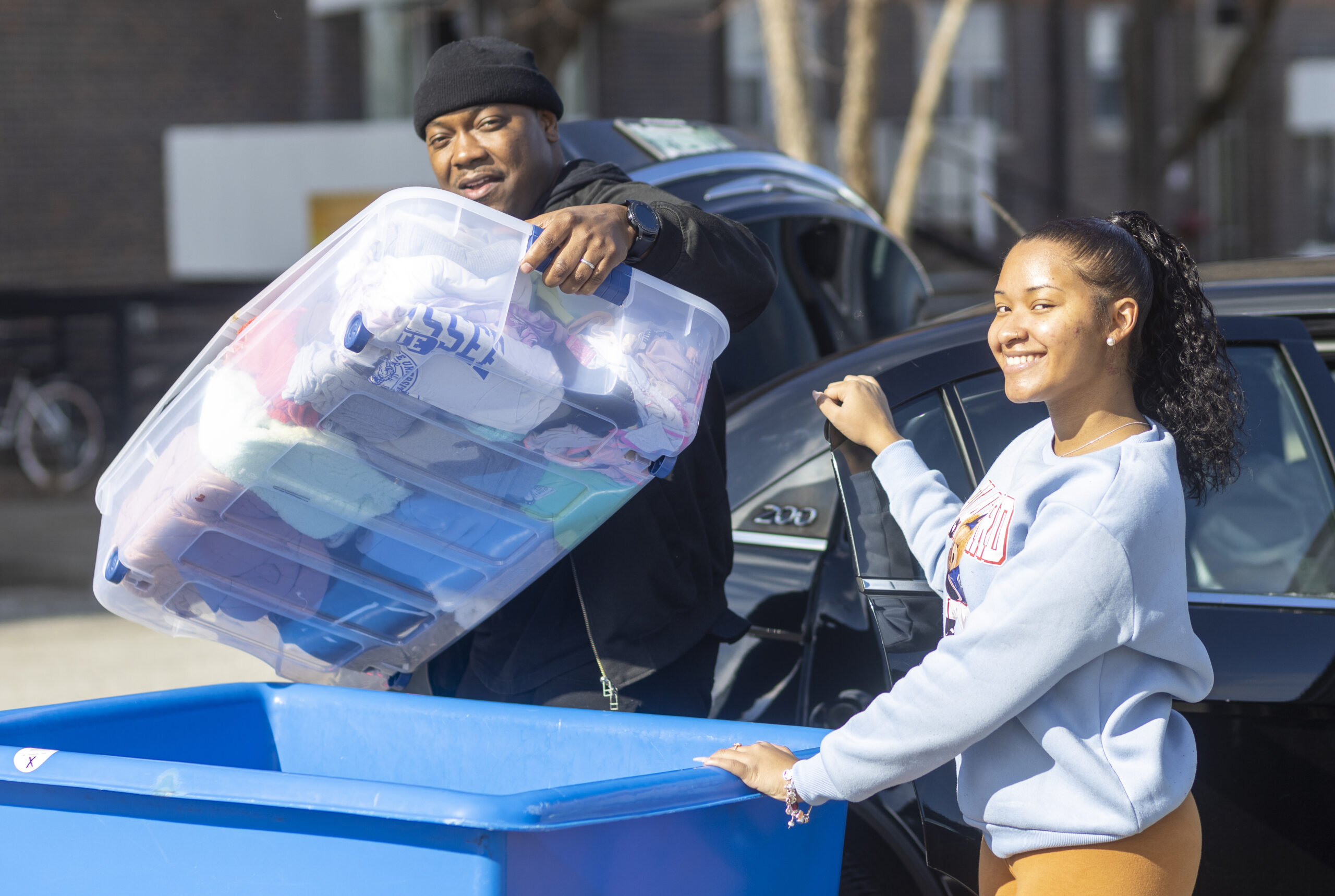
For the first two weeks of class, the university is enforcing a safer-in-place policy for students arriving on campus. The policy requires students to stay in their places of residence unless they need to perform essential activities, such as getting food, or going to medical appointments. During this time, all classes will be online.
Even with these policies, many students are highly enthusiastic about returning to campus. Just ask senior health sciences major Tredarius Lassiter, of Atlanta.
“I am very excited, and I am sure other students are as well,” says Lassiter. “Of course, safety protocols are in place but it’s been so long that we haven’t actually had a college experience. I think that’s the reason why we are so ready and anxious to get back.”
Dr. Curtis Johnson, associate vice president and chief of staff, leads the university’s COVID taskforce. He says students want to come back because the university has “gone to great lengths” to be as accommodating as possible.
“The safer-in-place policy allows us to create a bubble for the students in the event that they are positive (for COVID),” Johnson says. “We are better equipped to deal with it immediately and to also conduct contact tracing to determine if others have the potential to test positive and be quarantined right away.”
Chandler Cotton, a freshman, who spent his first semester taking classes online, says he was able to interact with some classmates virtually and even join some student organizations.
“Even though my first semester was virtual, I was still able to connect with other students, join other organizations, such as the Freshman Institution,” says Cotton, a biology major from Tulsa, Oklahoma. “So, I am excited to get back to that. I first came here in my sophomore year of high school during a college tour. When I stepped on campus during that visit I felt right at home. I said right then that TSU is the place for me.”
Tasha Andrews, TSU’s executive director of new student programs, says that because many incoming freshman students missed out on starting in-person classes in the fall, the delay further fueled their excitement about being on campus.
“They are very excited to know that after all that the world has been going through, being able to come to college for the very first time, live in a residence hall, and be a part of organizations and clubs is really very exciting,” says Andrews. “It is a great time to be at Tennessee State University, and to be a Tiger.”
Carla Boudal and Nil Moinet, now in their second year at TSU, are student athletes from France. Boudal is a junior international business major on the volleyball team, while Moinet, also a junior majoring in exercise science and kinesiology, plays tennis for the Tigers. The students say although they miss their families and friends back home, their experiences at TSU make them anxious to come back.
“I get to keep all of my classes, finish my major, and get to prepare for our next season,” says Boudal, who is from Cannes. “It’s been a tough time …missing family and friends, but coming back gives me more time to work out and practice with my teammates.”
Adds Moinet, “It might sound kind of childish, but I met some friends here that I have missed, and I get to see them again. It is a whole new experience living in the United State and coming to TSU. I just enjoy everything about it.” Moinet is from Guadeloupe, France.
Frank Stevenson, associate vice president for student affairs and dean of students, says students are going the extra mile to adhere to the university’s safety measures.
“We feel good about how we will manage this spring semester, especially as it relates to our COVID protocols,” says Stevenson. “Our students have done a great job of following rules and regulations from fall 2021 and I am hopeful it will continue.”
Excitement about campus living is expected to continue next fall when TSU opens its new 700-bed ultra-modern residence hall on the main campus. The building, estimated at $75.3 million and the first new residence hall on the campus in nearly 25 years, will house lower and upperclassmen. It is described as a mixed community living facility that will offer upscale living, dining, recreational and leisure concepts.
FEATURED PHOTO BY Aaron Grayson
A Family from Massachusetts made the overnight drive to Nashville to check their son in at Eppse Hall on the main campus.
Department of Media Relations
Tennessee State University
3500 John Merritt Boulevard
Nashville, Tennessee 37209
615.963.5331
About Tennessee State University
Founded in 1912, Tennessee State University is Nashville’s only public university, and is a premier, historically black university and land-grant institution offering 39 bachelor’s degree programs, 24 master’s degree programs, and eight doctoral degrees. TSU is a comprehensive research intensive institution with a R-2 Carnegie designation, and has a graduate school on its downtown Avon Williams Campus, along with the Otis Floyd Nursery Research Center in McMinnville, Tennessee. With a commitment to excellence, Tennessee State University provides students with a quality education in a nurturing and innovative environment that prepares them as alumni to be global leaders in every facet of society. Visit the University online at tnstate.edu.



